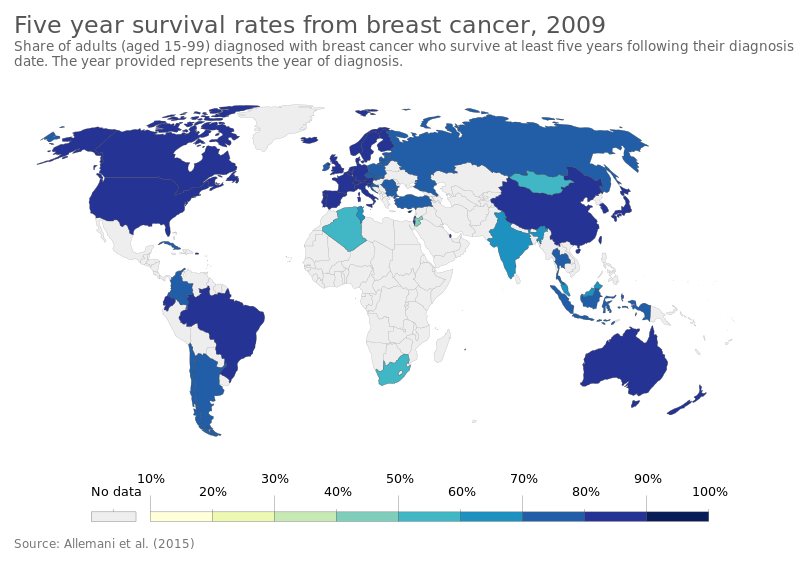Innovative Self-Regulating mRNA Medicine Adjusts to Disease Signals

Researchers at The University of Osaka and the Institute of Science Tokyo have made a significant breakthrough in the field of mRNA medicine, developing a self-regulating system capable of adjusting protein production in response to disease-related signals. This innovative approach, detailed in their 2025 study published in NPG Asia Materials, aims to enhance the efficacy and safety of treatments by tailoring therapeutic responses based on real-time biological conditions.
The new mRNA medicine operates by detecting specific humoral factors—such as hormones and inflammation-related molecules—that indicate the state of disease within the body. When these signals are present, the mRNA adjusts the synthesis of therapeutic proteins, functioning analogously to a smart thermostat that regulates room temperature. This ability to adapt in real-time represents a profound shift from traditional drug delivery methods, which typically administer a fixed dosage regardless of patient needs.
Hideyuki Nakanishi, a lead researcher on the project, emphasized the transformative potential of this technology. "By integrating sensing and response mechanisms directly into the mRNA, we can minimize side effects while optimizing treatment efficacy," stated Nakanishi, who is affiliated with The University of Osaka. "This system could revolutionize how we approach conditions that fluctuate frequently, such as chronic pain and inflammatory diseases."
The mRNA system comprises three distinct components: an mRNA that encodes a receptor protein to detect disease signals, an mRNA that produces a regulatory protein to control the translation process, and a therapeutic mRNA that encodes the actual drug. This intricate design allows the mRNA medicine to respond dynamically to various disease-related molecules, including arginine vasopressin, prostaglandin E2, and bradykinin.
In experimental settings, the researchers demonstrated that the system could effectively suppress inflammatory responses by producing anti-inflammatory proteins only in the presence of the relevant inflammatory markers. This adaptability not only enhances therapeutic outcomes but also reduces the risks associated with overdosing or underdosing, a common challenge in conventional medication regimens.
The implications of this research extend beyond the treatment of chronic conditions. The self-regulating mRNA technology could significantly improve the safety and efficacy of mRNA vaccines by modulating immune responses according to the body’s requirements. As Nakanishi noted, "This is a major step toward precision mRNA therapy, which could lead to more personalized and effective healthcare solutions."
The findings have attracted attention from various sectors, including pharmaceutical companies and biotechnology firms. Dr. Keiji Itaka, co-author of the study and a researcher at the Institute of Science Tokyo, remarked, "Our work opens new avenues for developing treatments that are not only more effective but also tailored to individual patient needs."
Looking ahead, the researchers plan to further investigate the potential applications of this self-regulating mRNA system in diverse medical fields. By continuing to refine the technology and conduct clinical trials, they aim to bring this innovative treatment closer to practical use in medical settings.
In conclusion, the development of self-regulating mRNA medicine represents a significant advancement in therapeutic technology. As the research progresses, it holds the promise of ushering in a new era of precision medicine that adapts to the unique needs of each patient, potentially transforming the landscape of healthcare delivery.
Advertisement
Tags
Advertisement





